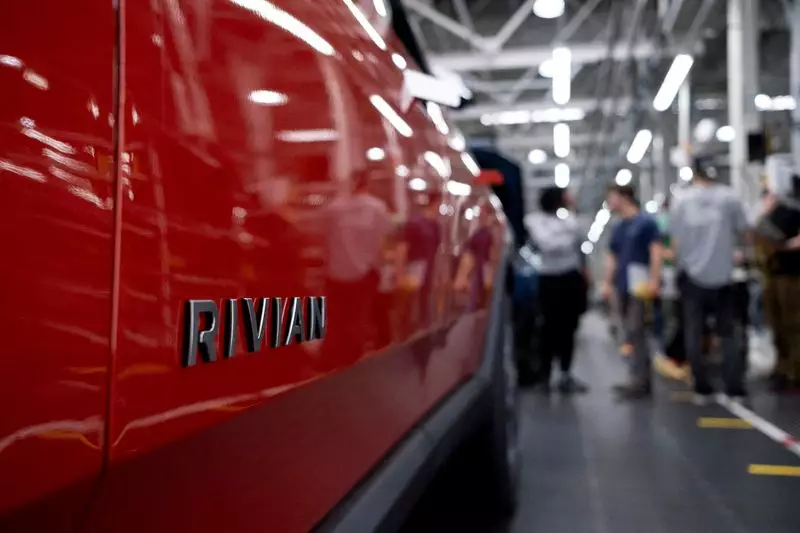In a remarkable move that highlights the evolving landscape of the electric vehicle (EV) industry, Rivian, an American electric vehicle manufacturer known for its innovative pickup trucks and SUVs, has entered a significant joint venture with German automotive powerhouse Volkswagen. This collaboration, established with a hefty $5.8 billion investment from Volkswagen, aims to combine Rivian’s advanced software technology and electrical architecture with Volkswagen’s expansive reach and production capabilities.
This strategic partnership reflects a growing trend where manufacturers seek collaboration to navigate the immense challenges of transitioning to electric mobility. The joint venture not only promises to enhance the technological prowess of both companies but also positions them well to tackle the issues stemming from a cooling EV market. Rivian’s ability to negotiate better supplier deals through increased production volumes could translate into cost savings essential for sustainability in a competitive sector.
One of the joint venture’s most intriguing aspects is its appeal to other automakers. Rivian’s Chief Software Officer, Wassym Bensaid, disclosed that numerous Original Equipment Manufacturers (OEMs) have expressed interest in the joint venture, highlighting a shift in how traditional automotive companies are seeking external expertise to bolster their technological capabilities.
For many OEMs, incorporating advanced software and electrical systems that can adapt swiftly and efficiently has been a persistent challenge. Rivian’s technology, emphasizing fewer electronic control units and streamlined wiring, enables the production of lighter vehicles, thus simplifying the manufacturing process. Additionally, the capability to perform over-the-air software updates akin to smartphones positions Rivian at the forefront of the software-defined vehicle trend—an area where traditional manufacturers often lag behind.
This collaboration could serve as a catalyst for others in the industry to accelerate their technological advancements. As Bensaid noted, the joint venture may become a pivotal partner for any automaker eager to leap forward in tech innovation.
With plans to roll out its smaller and more affordable R2 SUV by 2027, Rivian is not just focusing on existing partnerships but is also preparing to integrate its technology across Volkswagen’s array of brands. This strategic direction indicates Rivian’s commitment to fostering a comprehensive ecosystem that supports widespread electric vehicle adoption.
Analysts from Canaccord Genuity predict that this joint venture might emerge as a leading platform for electric vehicles in the Western market, closely competing with Tesla. This insight underscores the venture’s potential to shape the future landscape of electric mobility, providing a much-needed boost in a market where capital concerns remain a significant hurdle for emerging players like Rivian.
The Rivian and Volkswagen partnership marks a pivotal moment in the automotive industry as it navigates the complexities of transitioning to electric vehicles. By leveraging each other’s strengths, both companies may not only fortify their positions but also drive significant advancements in EV technology, ultimately benefiting a broader spectrum of automotive manufacturers looking to innovate and evolve in an increasingly electric future.

